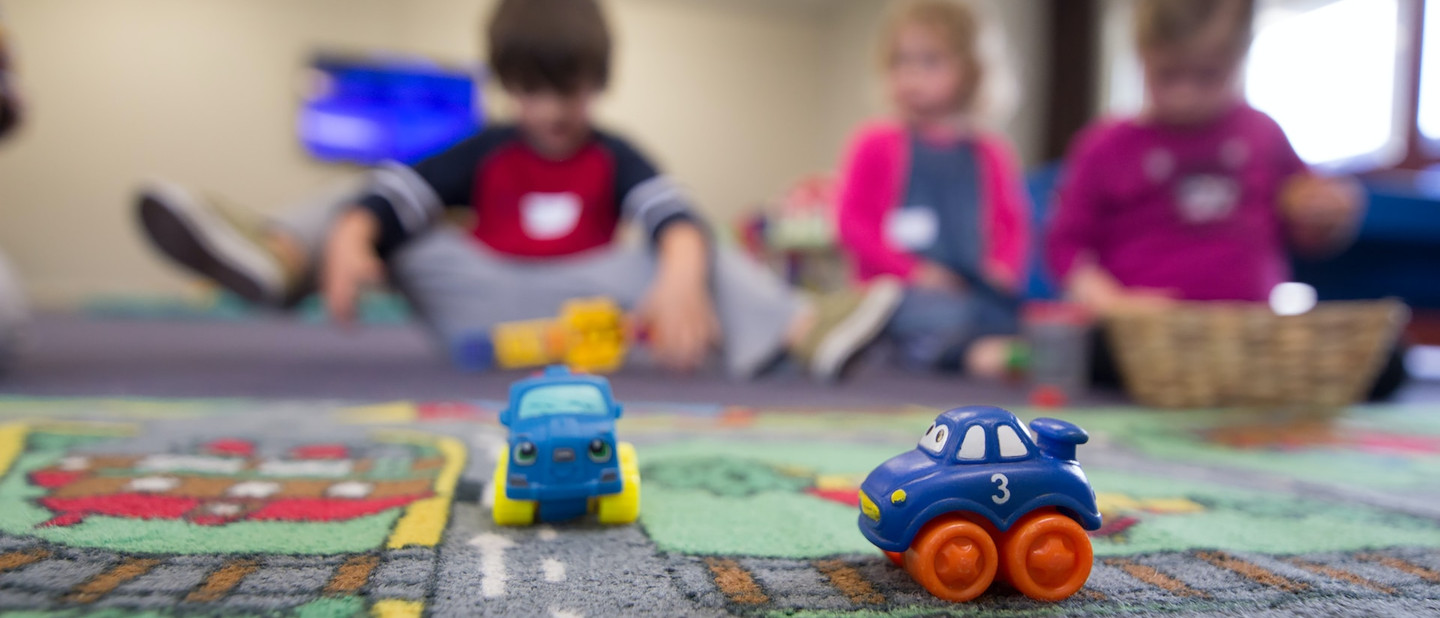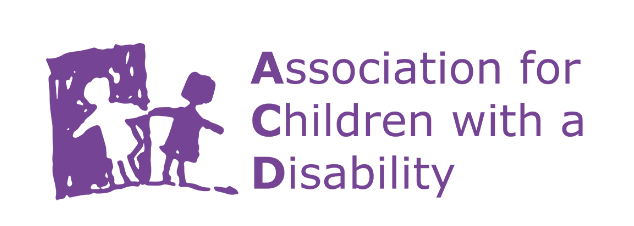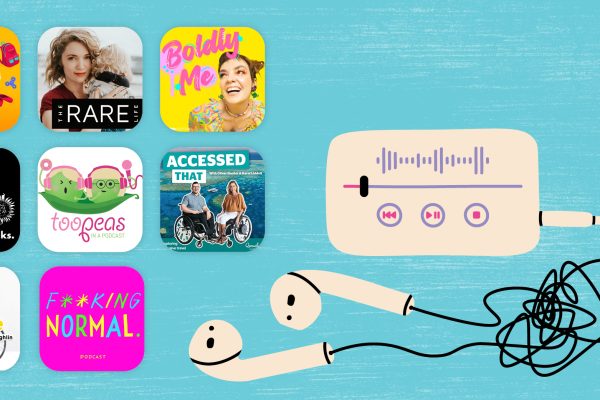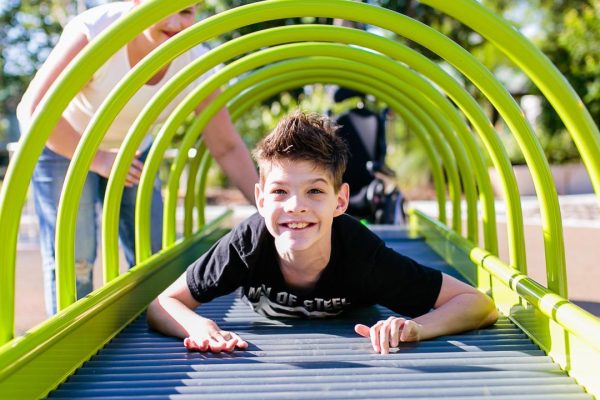
Getting started at childcare and kinder when your child has a disability
By Association for Children with a Disability
Child care and kindergarten give your child opportunities to learn, play, make friends, and have some fun.
Your child has been learning since they were born, from you and everyone in their family and community. Starting child care and kindergarten is another exciting step as your child continues to learn and expand their world.
Child care and kindergarten services are open to all children, and assistance is available to support the inclusion of children with disability and additional needs. Services must not discriminate against children with disability. Children do not have to be toilet trained to go to kindergarten or child care.
By working together with educators, you should feel confident that the child care or kindergarten you choose will meet your child’s needs and support their full participation.
*Some of the following information regarding services and subsidies applies to families living in Victoria. Please check with your State education department regarding similar alternatives in your own state.
Child care
Child care is available to all children and the cost of care will depend on the type of service you choose.
The different types of child care include:
- Centre-based care – child care centre, long day care, early learning centre
- Family day care – where your child is looked after in the home of an approved carer
- In-home care – for families who cannot access a standard child care service
- Outside school hours care – for primary school-aged children who need care before and/or after school or for children of any age in special or emergency situations
The Child Care Subsidy helps families with the cost of child care if you are working, looking for work, or if you receive Carer Allowance or Carer Payment.
Kindergarten
All children can benefit from attending a 3-year-old and 4-year-old kindergarten program. At kindergarten, early childhood educators support your child’s participation, well-being, learning, and development, including:
- Social skills including how to play with other children and make friends
- Self-awareness and respect for others
- Emotional skills and understanding their feelings
- Language, literacy and numeracy skills, such as reading stories and counting objects
- Exposure to new ideas and concepts
- A joy for learning and group activities with other children their own age
Kindergarten programs are run in a range of settings including child care, and some are connected to schools. You will need to start planning for kindergarten in the year before your child is due to start.
What to look for
When choosing child care and kindergarten, general things to think about might be how far you want to travel and available hours and session times. Other things to look for include:
Approachable staff
A positive approach will go a long way towards making child care and kindergarten a great experience for your child.
Look for staff who:
- Focus on your child’s abilities
- Engage directly with your child, not just through you
- Work with your child at their own level and pace
- Make time to meet with you and any specialists
- Find creative ways to adapt the program to include your child
You should feel confident that staff can keep your child safe, support their needs and extend their learning.
Physical environment
Look for a service that is safe, clean and well-equipped. You will also want to make sure the service can cater for the physical needs of your child. This might include making modifications such as installing grab rails or ramps.
Activities
Ask what activities are on offer. Most services offer a similar range of activities but some may provide extra opportunities in a particular area. For example, some may have an art program, an area for nature walks or different types of excursions.
Inclusive participation
Ask how your child will participate in the learning and development opportunities in the program. For example, how they would include a child in a wheelchair in outdoor play, or how they support children with sensory needs. While they may not have all the answers straightaway, you should feel reassured that the service will explore ways to include your child in all activities.
Complex care needs
Ask how the kindergarten meets any complex medical or personal care needs. You will want to know that your child will be cared for safely and with dignity, privacy, and respect.
Quality rating
The quality of early childhood services is rated under a system called the National Quality Framework. You can check the quality ratings of early childhood services on the Starting Blocks website.
Enrolment process
For child care, you apply directly to the child care service. For council-run kindergarten programs, most councils run a central registration process. You need to apply the year before your child starts.
Support at child care and kindergarten
Extra assistance is available at child care and kindergarten to support the inclusion of children with disability or additional needs. This includes supporting children who are not toilet trained.
Inclusion Support Program
The Inclusion Support Program is an Australian Government program that can provide training for staff, equipment and additional educators in child care services. Your service will apply on behalf of your child. You may need to provide copies of assessments or reports as evidence.
Kindergarten Inclusion Support Program
Kindergarten programs can get extra support to include children with disability and complex needs through the Victorian Kindergarten Inclusion Support Program (KIS).
Support can include training, advice on inclusive learning, minor building modifications, and extra assistants to support all children in the program. There is a detailed application process which the kindergarten completes.
Flexible Support Packages
Kindergarten programs can apply for funding for up to 10 weeks to provide immediate support for children with behaviours of concerns and to help stabilise attendance and inclusion.
Program Support Group
The kindergarten will set up a Program Support Group that includes your family and educators to plan for your child’s inclusion. The group will meet once per term or as needed to support your child’s participation and progress at kindergarten.
Preschool Field Officer Program
Preschool Field Officers (PSFO) work closely with educators in kindergarten programs to provide an inclusive program and link families into supports and services. The kindergarten contacts the PSFO and they work together to make sure supports are in place.
In Home care
In Home Care (IHC) is a flexible form of early childhood education and care where an educator provides care in the child’s home. It is restricted to families who can’t access other forms of care, this can include children with complex disability who can’t access early childhood education elsewhere.
This information is reproduced with permission from the Association for Children with a Disability (ACD) who’ve been advocating for children with disability for more than 40 years. Visit acd.org.au








